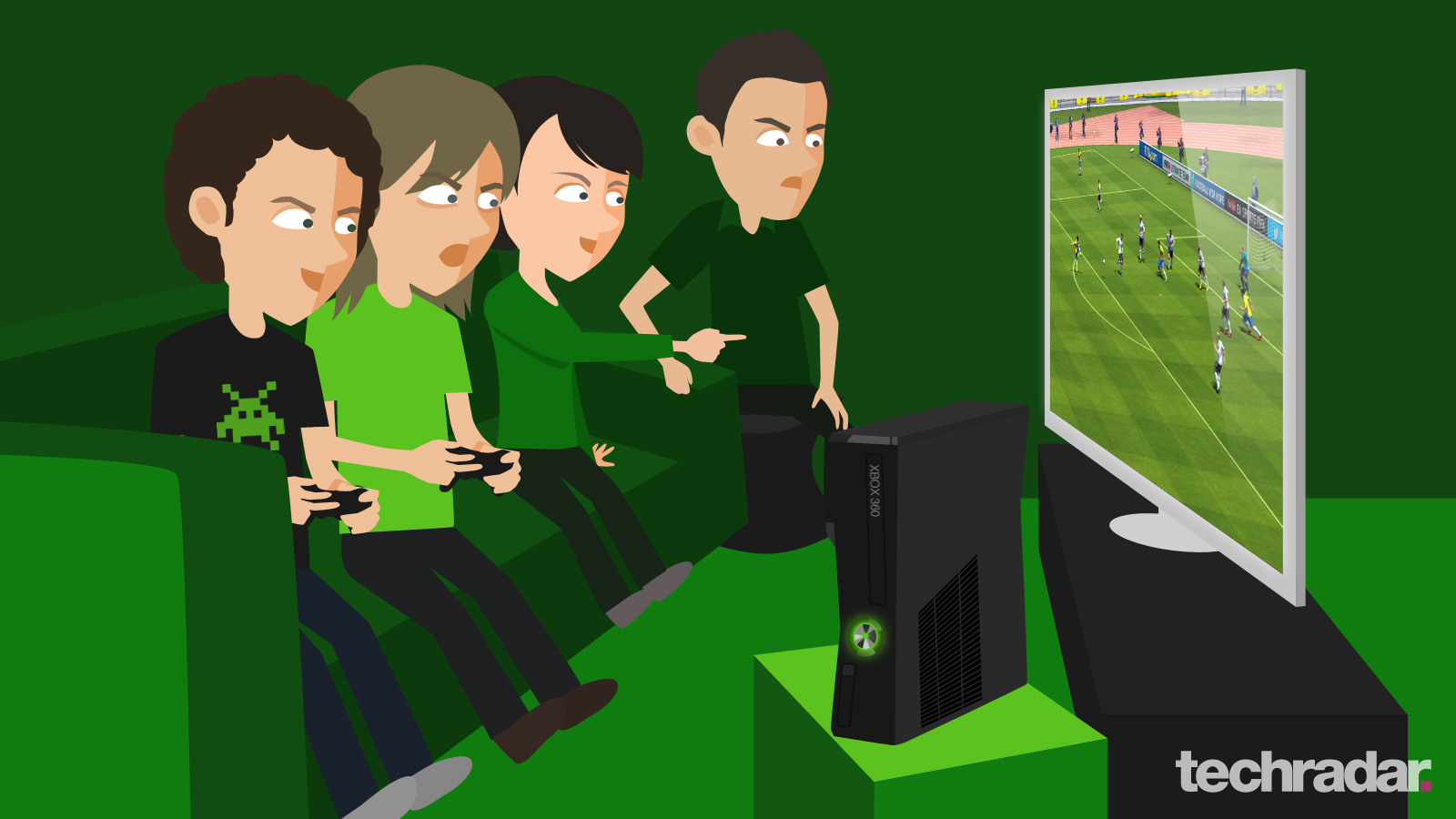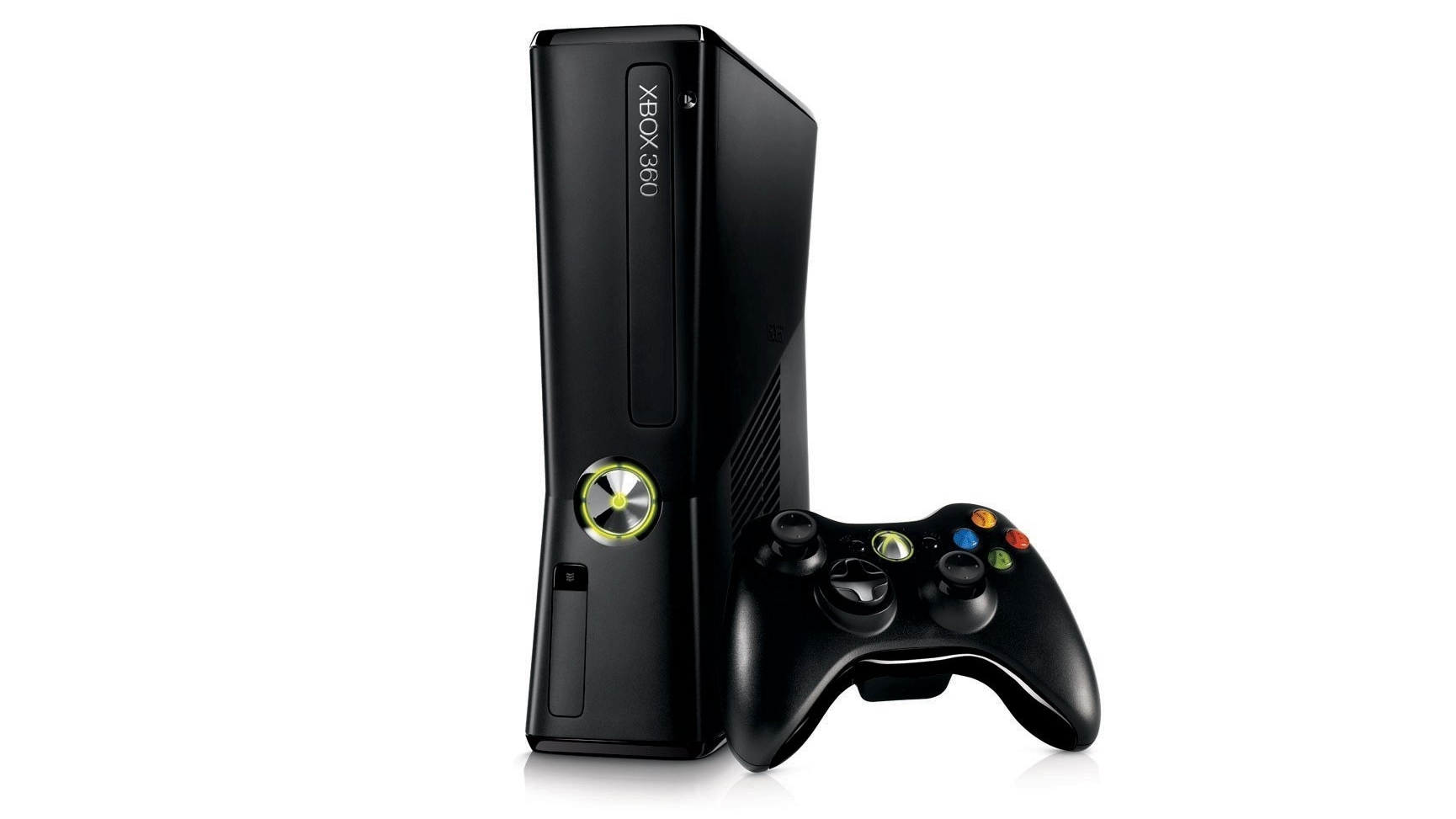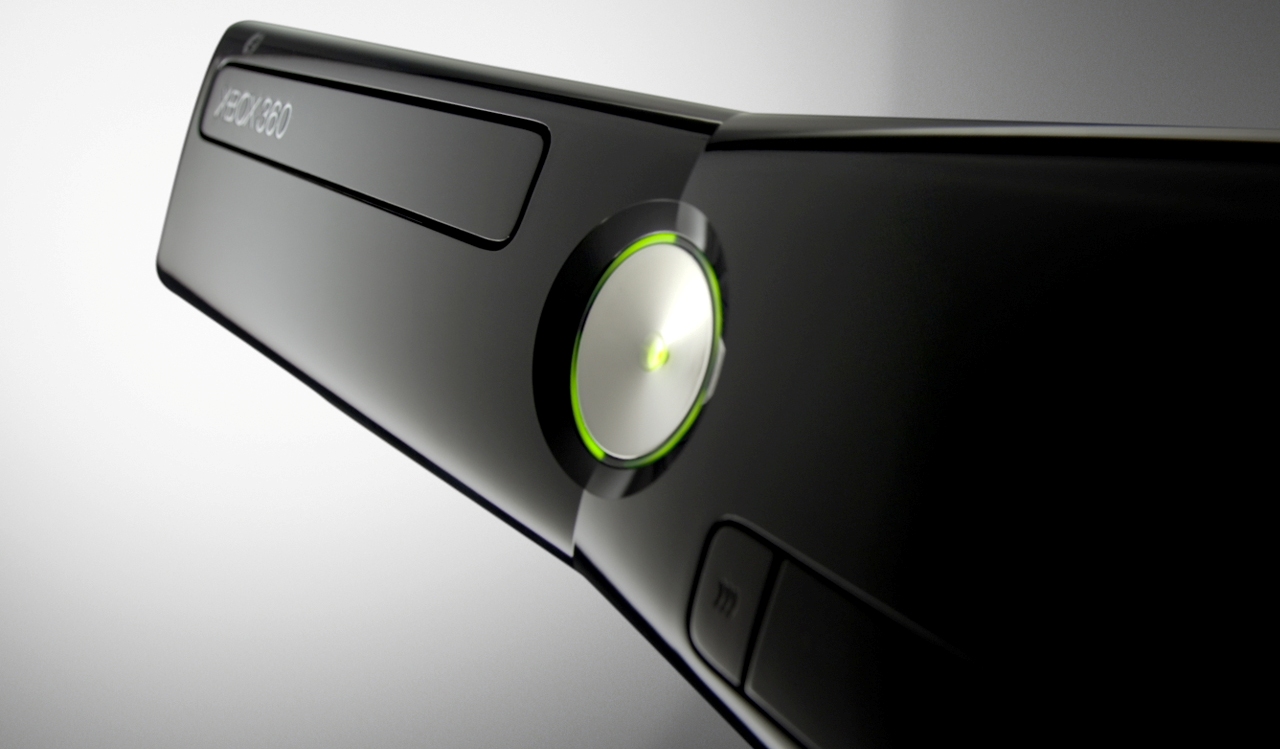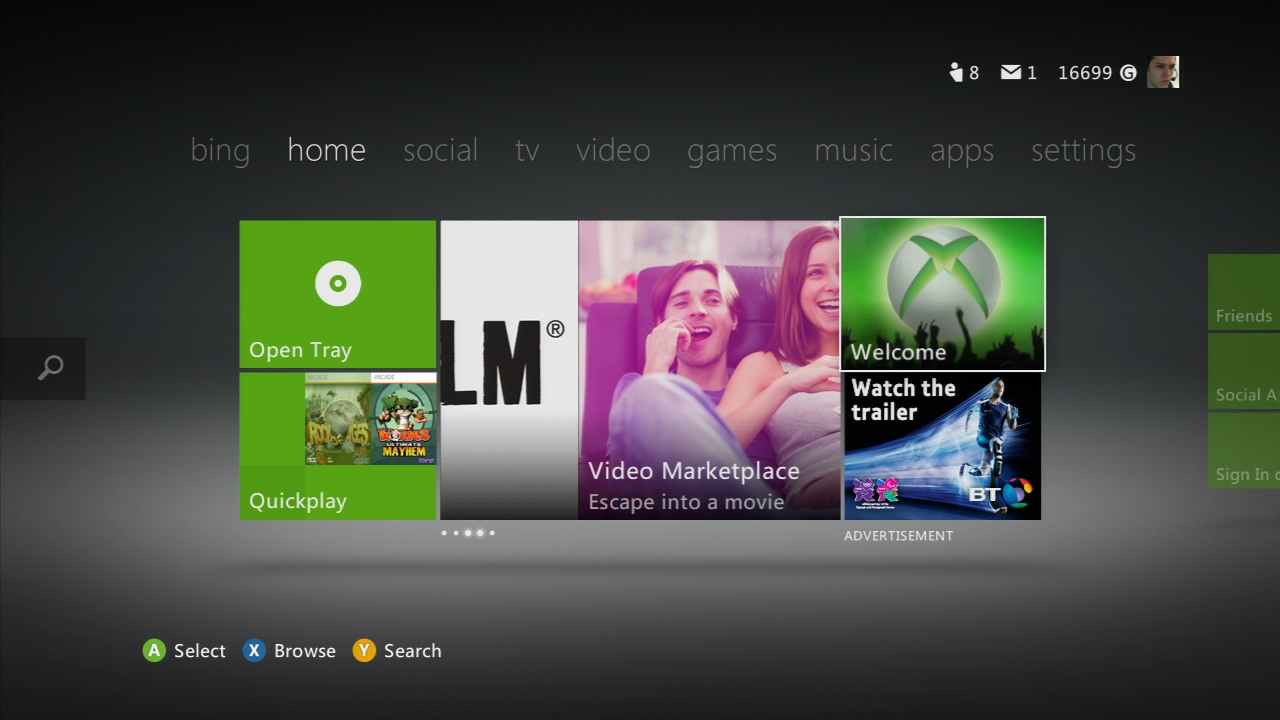
Sign up for breaking news, reviews, opinion, top tech deals, and more.
You are now subscribed
Your newsletter sign-up was successful
The PS3 didn't win the console war, the Xbox 360 did.
And in looking for proof of the Xbox 360's position as the defining console of the age, you can refer to no less an authority than President Barack Obama.
It was he who criticised Republican behaviour over the recent US government shutdown by saying "You don't get a chance to call your bank and say, 'I'm not going to pay my mortgage this month unless you throw in a new car and an Xbox.'"
This bit of partisan point-scoring represents the zenith of Microsoft's incredible success in the seventh console generation - the point at which even the President admitted that "Xbox" had became interchangeable with "games console"in the way that "Playstation" had at the turn of the century.
It was, and is, the device on which most self-described gamers play games.

America led the way
This status is due in part to the console's incredible success in North America: it was the best-selling US console for more than two and a half years, with 32 uninterrupted months between the Wii's downfall in January 2011 to the PS3's GTA-powered boost last month. (It's a position it'll probably reclaim post-Xbox One, when the inevitable price cuts kick in.)
It enjoyed similar success in the UK, and while diehard Sony loyalists in Europe and Japan helped PlayStation 3 close the lead in terms of worldwide sales, Sony still can't claim to be the most influential.
Sign up for breaking news, reviews, opinion, top tech deals, and more.
Neither, of course, can Nintendo - the Wii did very well in its time in the sun, and still claims the sales trophy, but the sales collapse of first third-party software and, in the Wii U, Nintendo's own hardware, marks the Wiimote as more fad than fundamental change in the market.

The games
No, it was the Xbox 360 that defined this generation in a way that no other console managed. It was on Xbox 360 that Gears of War made cover shooters the signature genre of the era (and, in Horde Mode, added a new standard to multiplayer gaming, alongside hoary stalwarts like Team Deathmatch).
In doing so, it established Unreal Engine as the de facto next-gen development platform, shaping the look and feel of everything from Mirror's Edge to Arkham Asylum.
It was on the Xbox 360 that we played those first intoxicating rounds of Call of Duty: Modern Warfare's multiplayer beta - the other great defining gaming experience of the generation, and the first console game to build a gigantic, mass-market player base off online, rather than offline play.
It did so off the back of Xbox Live, which built on one of the few outright successes of the original Xbox to become what's still the most reliable, best-equipped console gaming service.

YOUR network sucks
At the launch of Xbox 360, console multiplayer was a new and uncertain frontier for people playing Project Gotham and Rainbow Six. Xbox Live and Call of Duty took it mainstream, to the point where it's become entirely normal to join your friends for a round of CoD, match of FIFA, or killing spree on GTA Online.
Sony's online service got there in the end, but it's signature achievement remains one of the world's biggest ever data breaches and the inability to support cross-game chat fives years after it became a standard feature.
On Xbox 360, meanwhile, a far more successful Achievement flourished. The digital rewards that debuted with Microsoft's second console have become an industry standard.
Valve lifted them in their entirety for Steam, Sony rebranded them as Trophies, but neither challenged Microsoft's design. Similarly sincere flattery was extended to the Xbox 360's controller, with Nintendo mimicking it entirely for its "pro"gamepad.
Admittedly, Microsoft returned the favour with Kinect, but even that's a mark in the Xbox 360's favour: its motion sensor became the fastest-selling consumer electronic device in history, and Microsoft releasing it as a peripheral meant it did so without compromising the console's strengths in traditional "hardcore" gaming.
And what strengths they were. It was the Xbox 360 on which we first experienced the spectacular environmental storytelling of Bioshock, the vast universe of Mass Effect, and the huge open worlds of Dead Rising and Crackdown.
It was Xbox 360 that lead the way in digital distribution, starting with Zuma and stepping up to classics like Geometry Wars 2, Braid and Shadow Complex. Amid Sony's recent touting of its indie credentials, it's worth pointing out that Microsoft blazed a trail in digital distribution of smaller titles, and went so far as to open a completely homebrew route to market in the form of its Xbox Live Indie Games channel.
While the latter never took off as many hoped it might, it was the first time anybody could get their game on a console without a publisher's involvement, and foreshadowed the indie game-dev revolution of the present day.
Verdict
Ultimately, Xbox 360 ends what became the longest generation as the most influential console on the market - an incredible achievement when you consider Microsoft's first stab at console gaming: the original Xbox barely made a dent in the Playstation's armour, and ended its short life as the Halo-and-emulation box.
Xbox 360 passes the baton as the king of the hill - a position that puts all the more pressure on its successor, Xbox One.
Jon Hicks is the editor of Official Xbox Magazine. He thinks Kill Zone is part of a basketball court and has an irrational fear of PlayStation Move controllers.